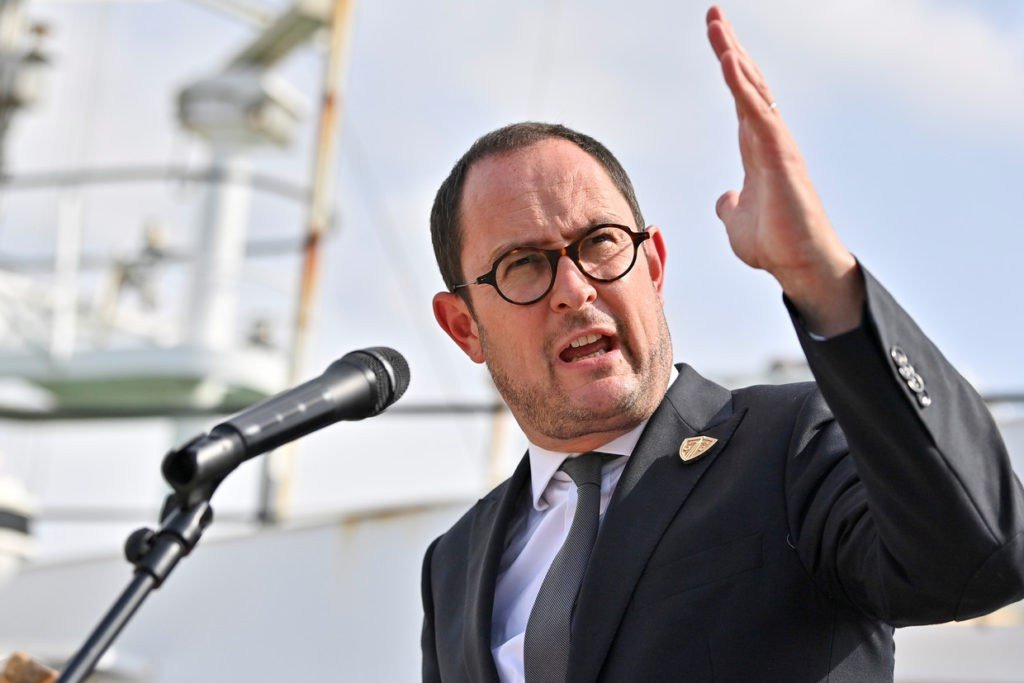Posted on: May 10, 2022, 05:54h.
Last updated on: May 10, 2022, 10:52h.
Gambling companies or platforms may no longer advertise on Belgian radio and television, as well as on social media, in newspapers, or on posters on the streets. This is the result of a government campaign that could ban all forms of gambling advertising.

By the end of the year, almost all forms of gambling advertising in Belgium could be prohibited. Minister of Justice Vincent Van Quickenborne has included this in a draft royal decree in the country. It has already been approved by six ministers, but still needs approval from the European Commission, as well as input from the Council of State.
Gambling platforms and companies would no longer be able to advertise via spots on television, radio, or in movie theaters. The ban would also include advertisements on or via websites, social media, SMS, advertising printed matter, magazines, newspapers, and posters on the streets.
All existing advertising and sponsorship agreements would have to end in October of next year.
Some Ads Possible
Sports betting platforms would also no longer be allowed to engage in sports sponsorship, although there is a transitional measure until 2025. Until then, gambling companies would only be able to advertise by using the brand name or logo, both on the shirts and in the stadiums. The use of advertising slogans is already prohibited, as is playing commercials on screens or through loudspeakers in stadiums.
In the context of sports tournaments, advertising may still appear on television until January 2025. However, it would permit only commercials of a maximum of five seconds, with a maximum of two per hour and at least fifteen minutes before or after the broadcast of the match.
It could be possible, pending the final language included in the measure, to see some forms of gambling advertising. Its effectiveness is questionable, though. It would only be possible once a visitor lands on a gambling website or is inside a land-based gambling facility.
Blowback at All Levels
Van Quickenborne’s initiative caught the Gaming Commission (GC), Kansspelcommissie, by surprise. Among other things, it is responsible for monitoring and implementing gambling protection. It opposes a general ban on gambling advertising. The GC would prefer to implement controls that can target young people and those with gambling problems.
The Reformist Movement (RM) government party is also against the ban. However, it does not provide a competent minister and cannot, therefore, stop the draft and, ultimately, the Royal Decree.
We have to fight against gambling addictions. That’s about a very small percentage of the population. But banning all advertising now is denying the sports world and the cultural world millions of euros in revenue without compensation… People are also allowed to smoke and drink, although that is not good for health…That’s a puritanical society and that’s not my society,” George-Louis Bouchez, chairman of RM, told media outlet Terzake.
Pro League CEO Lorin Parys spoke out against the move as well. He asserts that it will cost the league’s clubs over 12% of their revenue, and “threatens to lead more people to illegal gambling sites without regulation.” Only two of the 18 top-flight clubs don’t have sponsorship deals with gambling companies.
Opposition party N-VA (New Flemish Alliance) also has “serious questions” about the plans of Van Quickenborne. It, too, would prefer to see initiatives that target responsible gambling.
N-VA also blames the government for lack of consistency. It calls out the government for its hypocrisy, implementing a ban on gambling advertising while working to “advertise more offensively” the National Lottery.
Worldwide, the lottery is the number-one gambling activity, especially among gambling addicts. A report by the US National Institutes of Health shows that 89% of addicts play the lottery.
